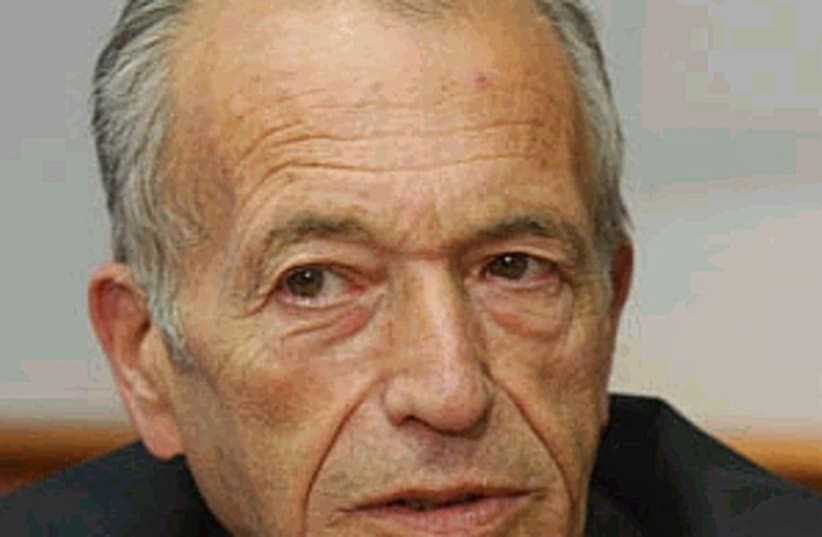| More about: | Mahmoud Abbas, Israel, Yitzhak Rabin, Ariel Sharon |
'Anything is possible'
Security around the prime minister is tight for a reason, says Internal Security Minister Gideon Ezra.


| More about: | Mahmoud Abbas, Israel, Yitzhak Rabin, Ariel Sharon |